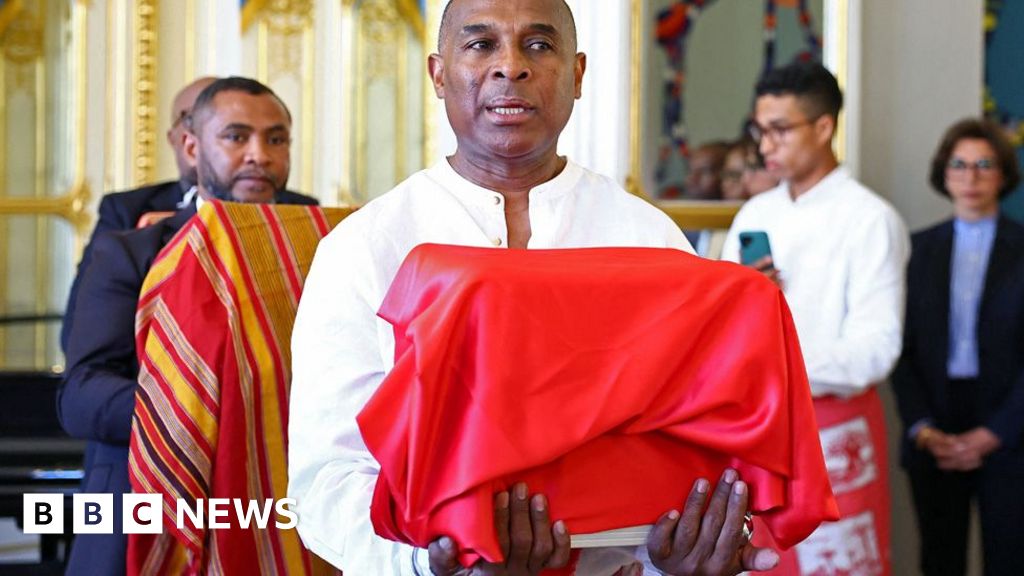In the wake of Pope Francis' passing, the new pope grapples with a significant decision—selecting a name that will shape the legacy of his papacy. This choice often draws from history and carries substantial personal meaning, indicating the anticipated direction of his tenure.
Historically, popes have honored saints or predecessors they admire. For instance, Francis named himself after St. Francis of Assisi, reflecting his emphasis on humility and service to the impoverished. Similarly, John Paul II chose his name to pay tribute to John Paul I, who held the papacy for only 33 days.
The practice of taking a new name can be traced back to 533 AD, when the priest Mercurius was elected pope. To avoid associations with the pagan Roman god Mercury, he chose the name John II. This tradition has enabled future popes to connect with their predecessors symbolically, as the name selected holds implicit political and spiritual intentions.
Speculating on the implications of potential names, a John Paul III might underscore proprietary principles and social justice, while a Pius XIII could align with traditional values. Additionally, a pope invoking the name John XXIV may be seen as a progressive reformer.
The announcement of the new pope’s name will be a highly anticipated moment. It will be declared in Latin from the iconic papal balcony at St. Peter’s Basilica by Cardinal Dominique Mamberti, setting the tone for the new pontificate, shortly after he proclaims “Habemus papam,” meaning “We have a pope.”
Patricia Mazzei, a lead reporter for The Times, covers significant religious and cultural events in Miami, Florida, and Puerto Rico.
Historically, popes have honored saints or predecessors they admire. For instance, Francis named himself after St. Francis of Assisi, reflecting his emphasis on humility and service to the impoverished. Similarly, John Paul II chose his name to pay tribute to John Paul I, who held the papacy for only 33 days.
The practice of taking a new name can be traced back to 533 AD, when the priest Mercurius was elected pope. To avoid associations with the pagan Roman god Mercury, he chose the name John II. This tradition has enabled future popes to connect with their predecessors symbolically, as the name selected holds implicit political and spiritual intentions.
Speculating on the implications of potential names, a John Paul III might underscore proprietary principles and social justice, while a Pius XIII could align with traditional values. Additionally, a pope invoking the name John XXIV may be seen as a progressive reformer.
The announcement of the new pope’s name will be a highly anticipated moment. It will be declared in Latin from the iconic papal balcony at St. Peter’s Basilica by Cardinal Dominique Mamberti, setting the tone for the new pontificate, shortly after he proclaims “Habemus papam,” meaning “We have a pope.”
Patricia Mazzei, a lead reporter for The Times, covers significant religious and cultural events in Miami, Florida, and Puerto Rico.






















